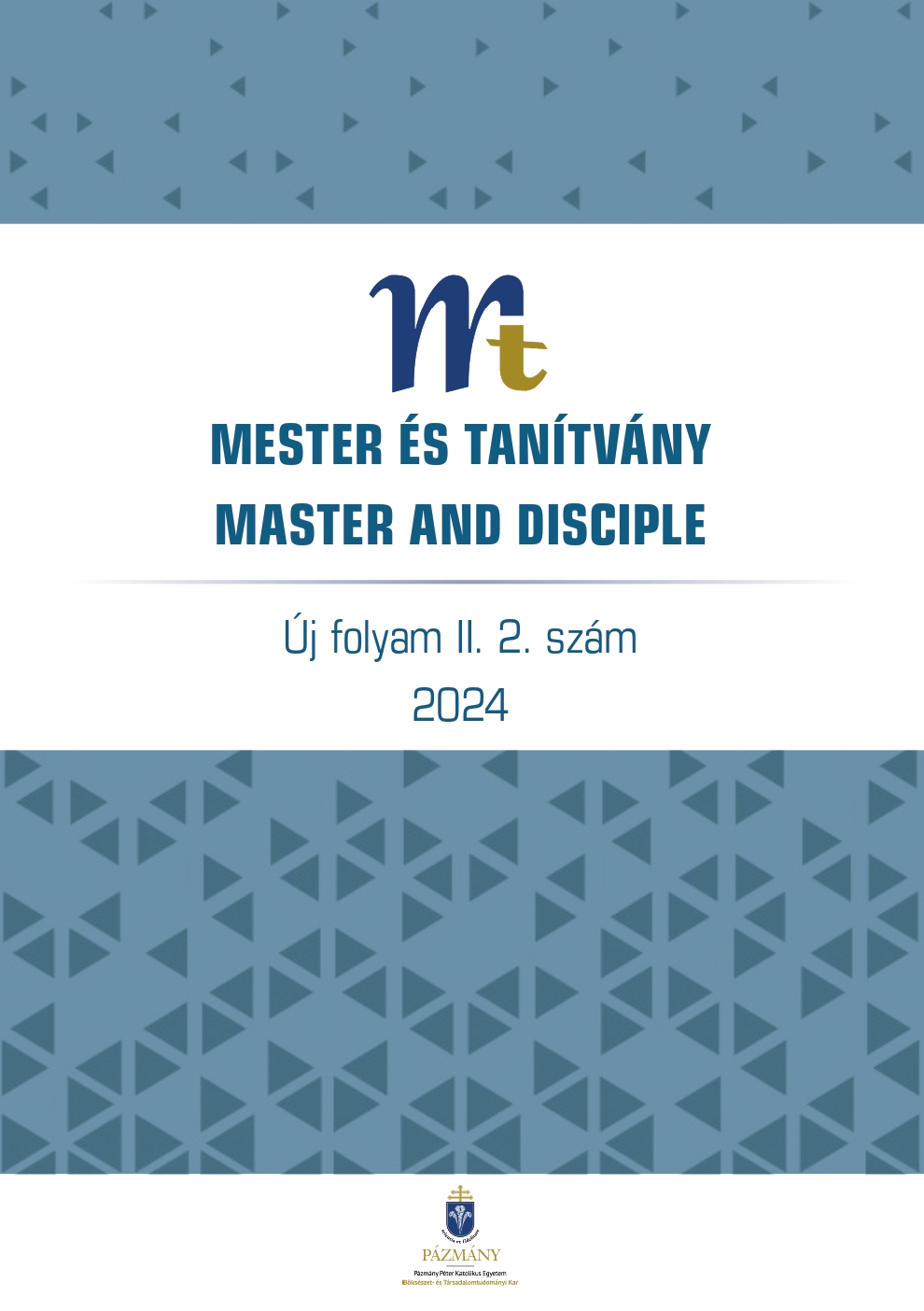Investigating the Linguistic-Logical Abilities of Students Involved in Teacher Training
Published 07-01-2025
Copyright (c) 2025 Zsolt Fülöp

This work is licensed under a Creative Commons Attribution 4.0 International License.
Abstract
Examining the logical value of statements using the rules of formal logic often reveals differences from the common linguistic interpretation. However, for a more successful interpretation of school curricula, the tools of formal logic are needed, so it is very worthwhile to investigate formal logical thinking among students in teacher education. In this paper, our empirical research on the Peirce operation (more commonly known as the neither...nor operation) is emphasized. Specifically, we investigated the difficulties of interpreting the Peirce operation in the implication group and tried to identify how students confuse this operation structure with other three-variable logical compositions. In addition, we investigated the empirical distance between the interpretations of different three-variable statements. This was primarily an attempt to assess the extent to which statements with completely different structures in terms of formal logic are distinguished in student interpretations. This is particularly important for commutative operational structures, as it is directly related to the reversal of the order of subordinate clauses in common linguistic phrases. Our findings show that the students’ results are good when it comes to conjunction operations, but that there is still considerable room for improvement in the case of implicational operational structures.
References
- Csapó B., Csirikné Czachesz E., & Vidákovich T. (1987). A nyelvi-logikai műveletrendszer fejlettsége 14 éves korban. Pszichológia (7), 4, 521-544.
- Fülöp Zs. (2022a). A nyelvi-műveleti rendszer fejlettségének vizsgálata háromváltozós kijelentések esetében. Szakmódszertani és más pedagógiai tanulmányok. International Research Institute s.r.o. Komarno.
- Fülöp Zs. (2022b). A formális logikai gondolkodás fejlettségének vizsgálata pedagógusképzésben résztvevő hallgatók esetében. Pedagógiai változások – a változás pedagógiája IV. Pázmány Péter Katolikus Egyetem. Szaktudás Kiadó Ház, 268-276.
- Fülöp Zs. (2023). A logikai implikáció és ekvivalencia műveletek értelmezésének vizsgálata a főiskolai képzésben részt vevő hallgatók esetében. Pedagógiai változások – a változás pedagógiája V. Pázmány Péter Katolikus Egyetem. Szaktudás Kiadó Ház.
- Kelemen L. (1978). A gondolkodás nevelése az általános iskolában. Tankönyvkiadó. Budapest.
- Nagy J. (2003). A rendszerező képesség kritériumorientált feltárása. Magyar Akadémia, 103., 3. sz.
- Piaget, J. (1970). Válogatott tanulmányok. Gondolat Kiadó. Budapest.
- Ruzsa I. (1984). Klasszikus, modális és intenzionális logika. Akadémiai Kiadó. Budapest.
- Tallér J. (1996). A logika alapjai. Mozaik Oktatási Stúdió. Szeged.
- Vidákovich T. (1990). Diagnosztikus pedagógiai értékelés. Akadémiai Kiadó. Budapest.
- Vigotszkij, L. Sz. (1967). A gondolkodás és a beszéd. Akadémiai Kiadó. Budapest.


